Event Schedule
Event Venue
Description

It’s empowering to know you’ve got a arsenal of strategies at your fingertips when challenges arise. Imagine a room buzzing with energy as participants craft their recovery vision boards. Magazine clippings, photographs, and inspiring quotes come together to form a visual representation of each person’s aspirations. It’s not just arts and crafts; it’s a tangible reminder of why they’re on this journey. Zainab is a skilled member of the ChoicePoint team of medical content writers. With 4 years of relevant experience, she is passionate about conveying accurate and up-to-date information through her writing.
- Draw or paint a picture of something in nature that has found a way to thrive in a harsh environment, such as a cactus in the desert, or tree roots bursting up from a sidewalk.
- The group leader acts as a role model, reinforcing therapeutic norms and encouraging positive interactions among other group members.
- It’s amazing how throwing a few punches (at a bag, of course) or busting a move can shift your mood and energy.
- Role-playing allows members to practice responses to difficult situations, such as social events where substances may be present.
- Lead a guided meditation session to help members focus on the present moment, reduce anxiety, and develop a regular mindfulness practice that supports recovery.
- These activities offer people in recovery a sense of purpose and a chance to give back to the community by focusing on the needs of others.
The Benefits of Recovery Coaching and Mentorship
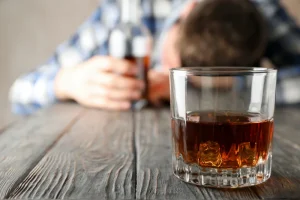
And for the theatrically inclined, drama therapy provides a stage for practicing coping skills. Role-playing scenarios allow individuals to rehearse responses to triggering situations in a supportive environment. It’s like a dress rehearsal for real-life challenges – minus the actual stress. Recovery doesn’t happen in a vacuum, and integrating with the broader community is an important step towards lasting sobriety. Volunteer opportunities and community service projects allow individuals in recovery to give back, fostering a sense of purpose and connection to something larger than themselves.
Mindfulness in Addiction Recovery: Powerful Tools for Lasting Sobriety
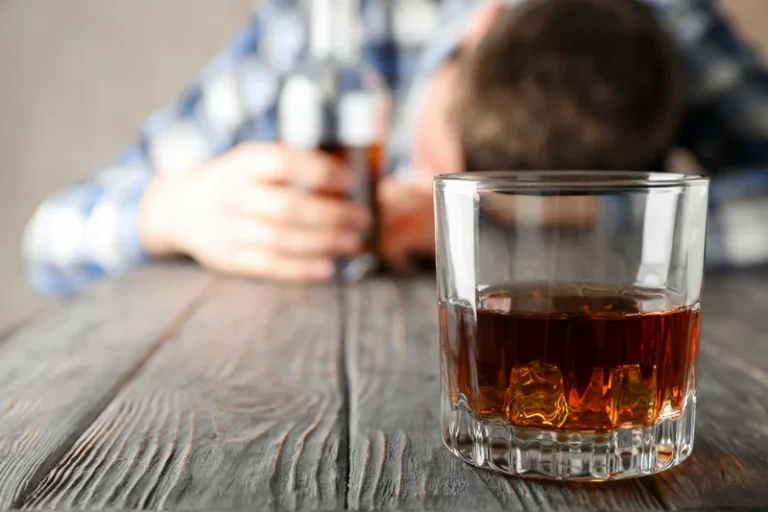
These groups support recovery by providing a judgment-free environment where members can show acceptance and offer validation. But of all the different treatment methods, support groups may be one of the most valuable for both the treatment process itself and continued recovery post-treatment. All examples of mental Sobriety health documentation are fictional and for informational purposes only. Creating stress balls offers a hands-on way for members to make their own calming tools. Filling balloons with sand or rice, members can carry these stress balls as reminders of their ability to manage anxiety and stress without relying on substances.
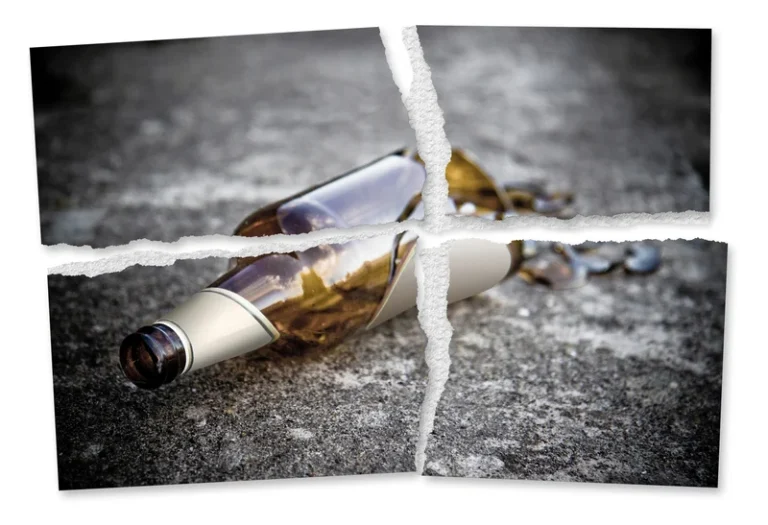
Treatment
By engaging multiple facets of an individual’s life – physical, emotional, social, and spiritual – these approaches create a holistic framework for healing. They transform the recovery process from a series of don’ts into a vibrant tapestry of do’s, filled with new experiences, skills, and connections. Support group potlucks and shared meals bring people together in one of the most fundamental human ways – breaking bread. Adventure therapy and outdoor challenge activities push the boundaries of traditional recovery group activities. Imagine a group of recovering addicts conquering a high ropes course, learning to trust themselves and each other as they navigate obstacles high above the ground. These experiences build confidence, promote problem-solving skills, and create lasting memories that can serve as touchstones during challenging times.
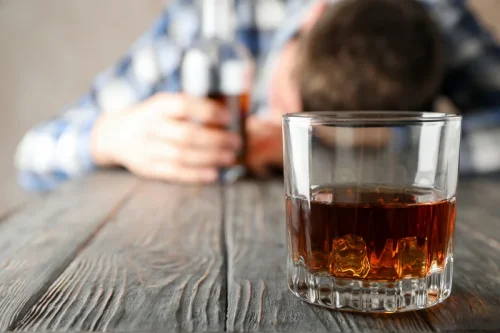
Binge Eating Disorder Therapy: Effective Treatments and Recovery Strategies
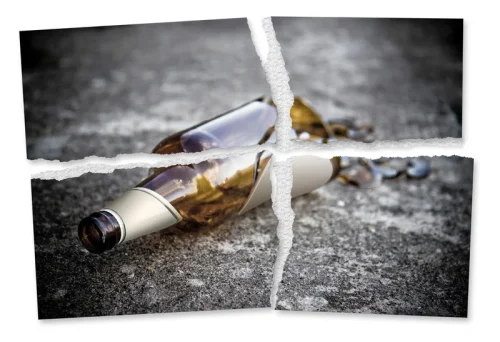
You can also encourage clients to replace addiction with healthy hobbies and transformative activities to uplift the recovery experience. Randomly assign locks to half of the group and keys to the other half. Those whose keys fit into the lock can sit together and discuss their challenges and offer insights into the recovery journey. Discuss how treatments for physical illnesses – like broken bones or infections – are similar to treatments for psychological illnesses like addiction. Brainstorm ideas for the ideal hospital or retreat to provide you https://ecosoberhouse.com/ with mental and emotional healing.
When people present their creations, they open up about their journeys. They are designed to build connection and healing among group members. These activities offer people in recovery a sense of purpose and a chance to give back to the community by focusing on the needs of others. Group reflection promotes self-awareness group activities for substance abuse recovery and emotional regulation, as participants learn from one another’s experiences and lean on each other for support. By addressing underlying issues and triggers, participants gain the tools to manage stress and cravings in healthy ways.
- Regret can be a heavy burden, but it can also motivate positive change.
- In this activity, members discuss the values most important to them, such as honesty, compassion, or resilience, and consider how these values can guide their choices and goals in recovery.
- They must be adept at listening and adapting their styles to meet the varying needs of clients at different stages of recovery.
- Imagine a group leaderboard where members can track their sober days, completed goals, or acts of kindness.
- This collective effort strengthens the group and connects them to the larger community.
- Stress management and coping skills training are essential components of any comprehensive recovery program.
